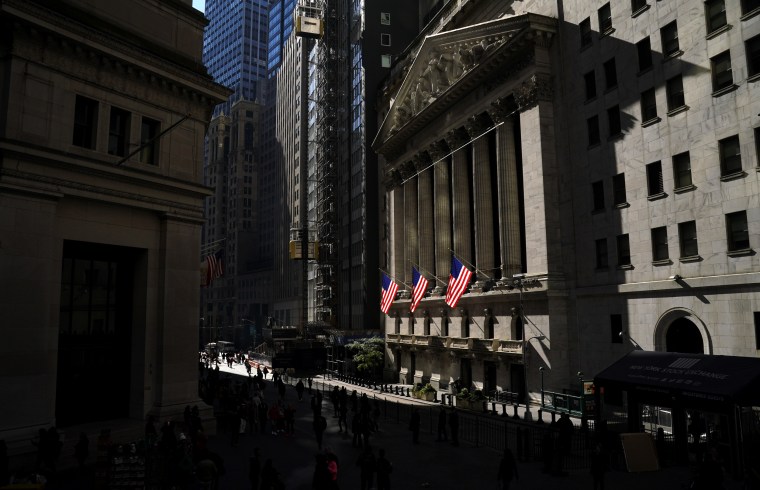President Donald Trump’s latest tariff whiplash could be an unpleasant holiday surprise for markets, with experts warning that we could see a repeat of last year’s December market rout if the White House escalates its China trade war after throwing last week’s all-but-assured “phase one” deal into jeopardy.
"There is no agreement at this time to remove any of the existing tariffs as a condition of the phase one deal," White House trade adviser Peter Navarro said Thursday night on Fox News, a statement that Trump reiterated to reporters on Friday at the White House.
“They’d like to have a rollback. I haven’t agreed to anything,” Trump said. “China would like to get somewhat of a rollback, not a complete rollback because they know I won’t do it.”
China’s state-run media expressed surprised at the reversal, according to Reuters, as did Doug Barry, spokesman for the U.S.-China Business Council.
“As of last Friday, our senior level contacts in both governments were still discussing venues for a presidential meeting to sign an agreement, so this latest rumpus comes as a surprise. Hopefully, it’s a temporary setback,” he said.
This latest development is an abrupt about-face from a week ago, when a deal to remove some tariffs on both sides and Chinese purchases of American agricultural products seemed imminent.
Markets rallied on the news, but worry crept in later in the week, when both sides reportedly had not even reached an agreement about where a signing ceremony would be held. The White House was pushing for a U.S. location, after host country Chile canceled the upcoming Asia-Pacific Economic Cooperation conference — where Trump and Chinese leader Xi Jinping were expected to formalize a trade truce — due to protests.
The president’s reliance on Twitter as a medium for conducting policy puts U.S. negotiators at a disadvantage, said Barry, noting, “The negotiating sausage-making and resulting ping ponging of positions would be better done in private.”
Jacob Kirkegaard, a senior fellow at the Peterson Institute for International Economics, said Trump may have oversold the likelihood of a favorable deal to placate Wall Street, and now risks being boxed in by those earlier statements.
“He has, in some ways, already pre-sold the deal to markets,” he said — a dynamic he speculated Beijing is seeking to exploit by pushing for more extensive tariff relief. “They want to roll back as many tariffs as possible, and they sense that he’s politically and economically vulnerable,” he said.
While investors would welcome a rollback of existing tariffs, their bigger concern is about the ones still looming on the horizon. Investors already buffeted by anemic business sentiment and a contracting manufacturing sector fear that this final tranche of tariffs on a wide array of consumer goods, currently still scheduled to kick in on December 15, could strike at the heart of consumer consumption — one element keeping America’s economic momentum going in a late-stage bull market.
Trump could still push ahead with December tariffs — despite his advisers telling him they lead to higher prices for U.S. consumers — because he doesn’t want to look weak.
“Chinese officials feel they have the upper hand in this round of negotiations because the U.S. has been backing away from implementing the December tariffs ever since they were announced,” said Mark Williams, chief Asia economist at Capital Economics. “There’s still a risk that Trump pushes ahead with the December tariffs despite his advisers telling him that they would lead to higher prices for U.S. consumers, because he doesn’t want to look weak,” he said.
“They have learned that he can be baited, and they’ve learned that what he really cares about is he’s way further in the election season than he was a year ago and he’s vulnerable,” Kirkegaard said. “The bottom line is that the Chinese will feel that Trump’s pre-announcement of the deal means that he then cannot turn around and escalate,” he said. “Markets have priced in normalization, phase one — a cease-fire.”
If the reverse happens and the anticipated cease-fire instead becomes an escalation, investors will be in for a bumpy ride, with the potential for a repeat of last year, when market fears over the trade war and slowing global growth drove major indices to give back their gains for all of 2018, with the S&P 500 and Dow Jones Industrial Average each posting their worst annual performance since 2008.
“If they can facilitate a market rout like that, they will probably feel that Trump will come back with what they want in January,” Kirkegaard said. “This is going to be a critical decision point for the administration and the president.”
